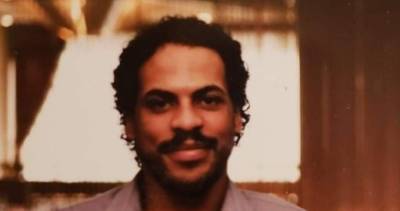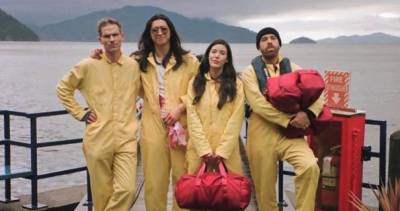Richard Wagamese conjures kinship
One Native Life
By Richard Wagamese. Douglas & McIntyre, 272 pp, $29.95, hardcover
Ragged Company
By Richard Wagamese. Doubleday Canada, 384 pp, $29.95, hardcover
The power of stories, their ability to inspire, console, and provoke, is a central theme in both of Richard Wagamese’s two new books: the essay collection One Native Life and the novel Ragged Company. His latest book of nonfiction showcases him as a writer of insight and eloquence, as it recounts episodes of his life from childhood onward. Whether about growing up in foster care or about reuniting with his Ojibway heritage, the dozens of original essays that comprise One Native Life extol the virtues of reclaiming displaced identity and healing through a sense of belonging.
Ragged Company, on the other hand, weaves between a handful of perspectives to tell the tale of four homeless people, their chance encounter with a retired journalist, and the twist of fate that changes their lives forever. Wagamese, who lives near Kamloops, animates the world of his five narrators and offers meditations on kinship, loyalty, and redemption.
The “ragged” in the title are the “rounders” who survive in the crevices of the city, invisible to the “Square Johns” who have permanent residences. The book’s destitute cast focuses on Amelia, Digger, Double Dick, and Timber. During a cold winter, these four seek refuge in movie theatres. Their primary concern is to find somewhere warm where they can sit and drink, but soon they are captivated by the films themselves. Movies “were supposed to be a seat in the darkness, a darkness I pulled around me like a cloak to keep the world away”, says the fifth narrator, Granite, the retired journalist who eventually befriends them. “The trouble is that they are the stuff of the world, the stuff of life”¦all the hurt”¦rage, tenderness, and love.”
The twist comes when Digger discovers a discarded lottery ticket, the key to a $13.5 million payout. However, with no fixed address, neither Digger nor his friends can claim the prize. They turn to Granite for help, and soon afterward begin their transition to the Square John world.
Does money buy happiness? In the parts that come after the lottery win, the characters answer this question, as the tolls of their past are illustrated by the extremes to which they go to seek absolution or escape.
Wagamese glides between narrators here, with the same fluidity he shows when moving between memory and the present in One Native Life. Reading these two new books in tandem offers an unusually deep understanding of a writer whose life is reflected in all facets of his work.















Comments